World Renew’s CHS Certification journey
From Verification to Certification: World Renew's Journey of Global Impact
January 2024
We interviewed Carol Bremer-Bennett, US Executive Director, Barbara Kayanja, East Africa Regional Director, and Kohima Daring, Bangladesh's Country Director, about their journey towards CHS certification.
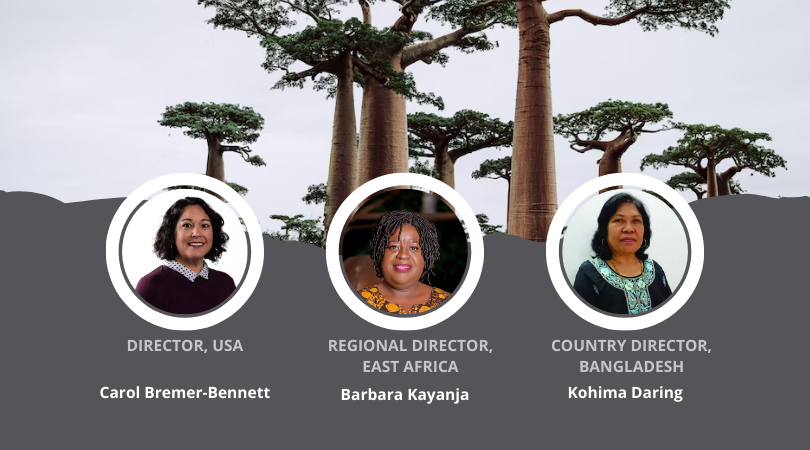
"By upholding the CHS, we strive to express unwavering compassion, integrity, and accountability, ensuring that our humanitarian and community development efforts reflect the highest ethical and moral values in providing aid to those in need. We passed this big milestone, and that is so encouraging! But the journey isn't over, and we need to keep working to uphold this standard at the highest level to provide the best work possible for the vulnerable communities with whom we work. At World Renew, our CHS certification helps us achieve our shared vision, and we remain dedicated to continuous improvement. We are so thankful to be part of this process." Carol Bremer-Bennett, Executive Director, USA.
Why did you decide to go from independently verified to certified?
This was an organisational decision through the World Renew CHS Charter Group. Following the first evaluation there was a lot of work done to improve, including initiating many processes. We wanted to achieve certification because we desire to meet high standards and to be held accountable by those we work with and partner with. But most of all, having this accountability established to continue to place communities at the centre of all we do. Achieving certification is important to ensure that we are doing the highest quality work with our partners and communities and that they can hold us accountable.
Can you tell us more about your HQAI certification journey?
World Renew started the conversation and exploration of becoming CHS certified several years ago. We are a small to mid-size organization on a growth track, and achieving CHS certification would be an extremely beneficial component of that journey of growth. The nine commitments embody how all organizations working with vulnerable populations should operate. As a faith-based organization, the principles of CHS align with our theological foundations and values.
The CHS charter group’s members worked together to increase everyone’s understanding of what the CHS is and what it means to commit to it as an organization. After verification, the CHS Charter Group carefully reviewed each of the areas where we scored low and then developed and implemented an Action Plan to meet our new goals.
The area we focused on first was Safeguarding, which falls under Commitment #5. We worked to ensure safeguarding, and all the nine commitments were a priority not only within World Renew but also among our partners. We focused on ensuring policies, guidelines, reports, and documents were systematised. In order to ensure our partners could speak into this process, we held many conversations and documented the needed changes. We also developed several trackers that Regional and CountryDirectors needed to complete to ensure that we were pulling in the same direction as an organization.
What were the challenges you encountered?
World Renew faced a couple of challenges during the process of achieving certification. One challenge that was identified early on was the reality that World Renew operates three distinct Global Programmes; an International Disaster Response programme, a Domestic Disaster Response programme (covering North America) and a Global Community Development programme.
Another challenge we faced was the window of time between the two reviews as we had a lot of work to do in a short period of time. We noted that the timing became challenging for partners, as they normally need to manage many competing deadlines.
However, those challenges were minimal as partners and staff were committed to this goal having walked through the initial verification process. Some processes felt like duplicating previous work and that data was being collected in different parts of the organization. Although we adapted to the nine commitments and the language to spread the vision to the entire global organization. Our entire organization has done an amazing job connecting the dots to who World Renew already was and who we wished to become.
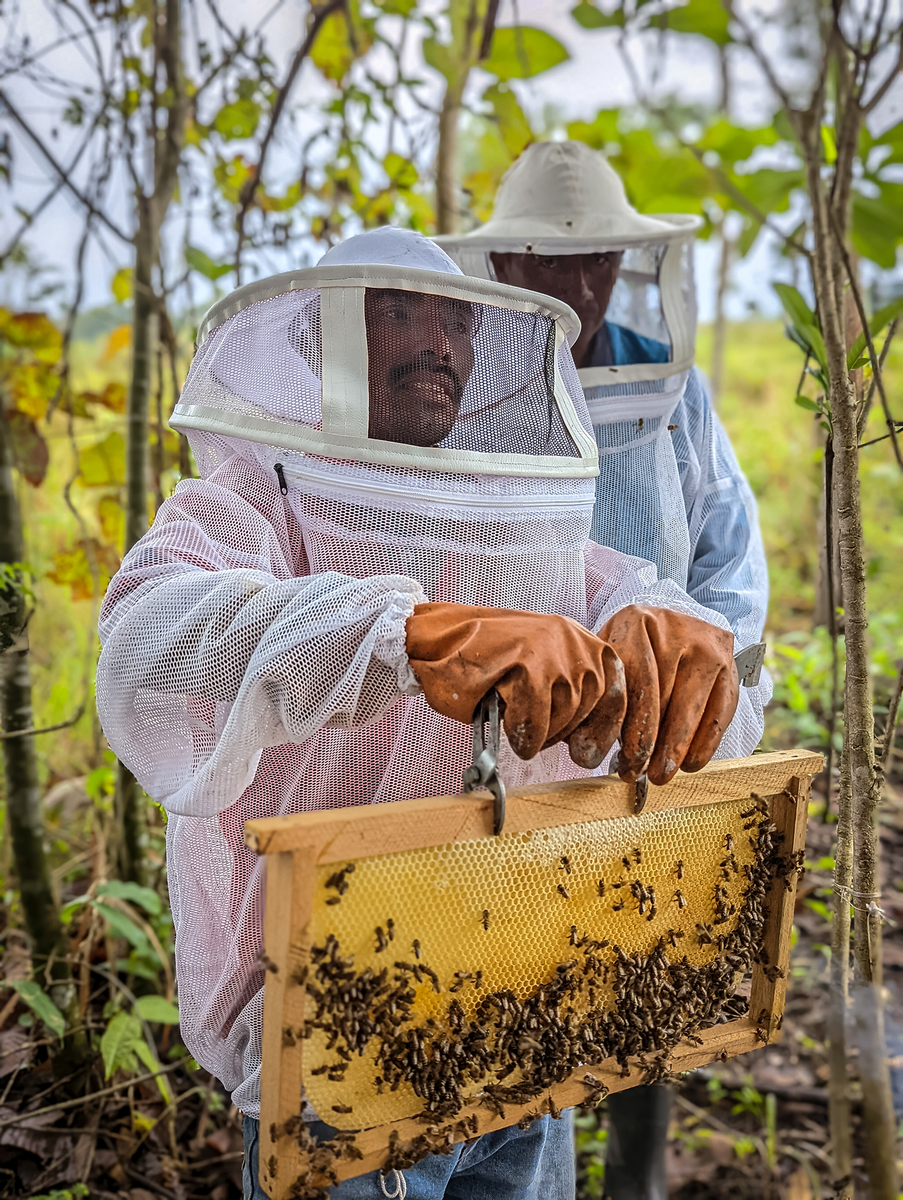
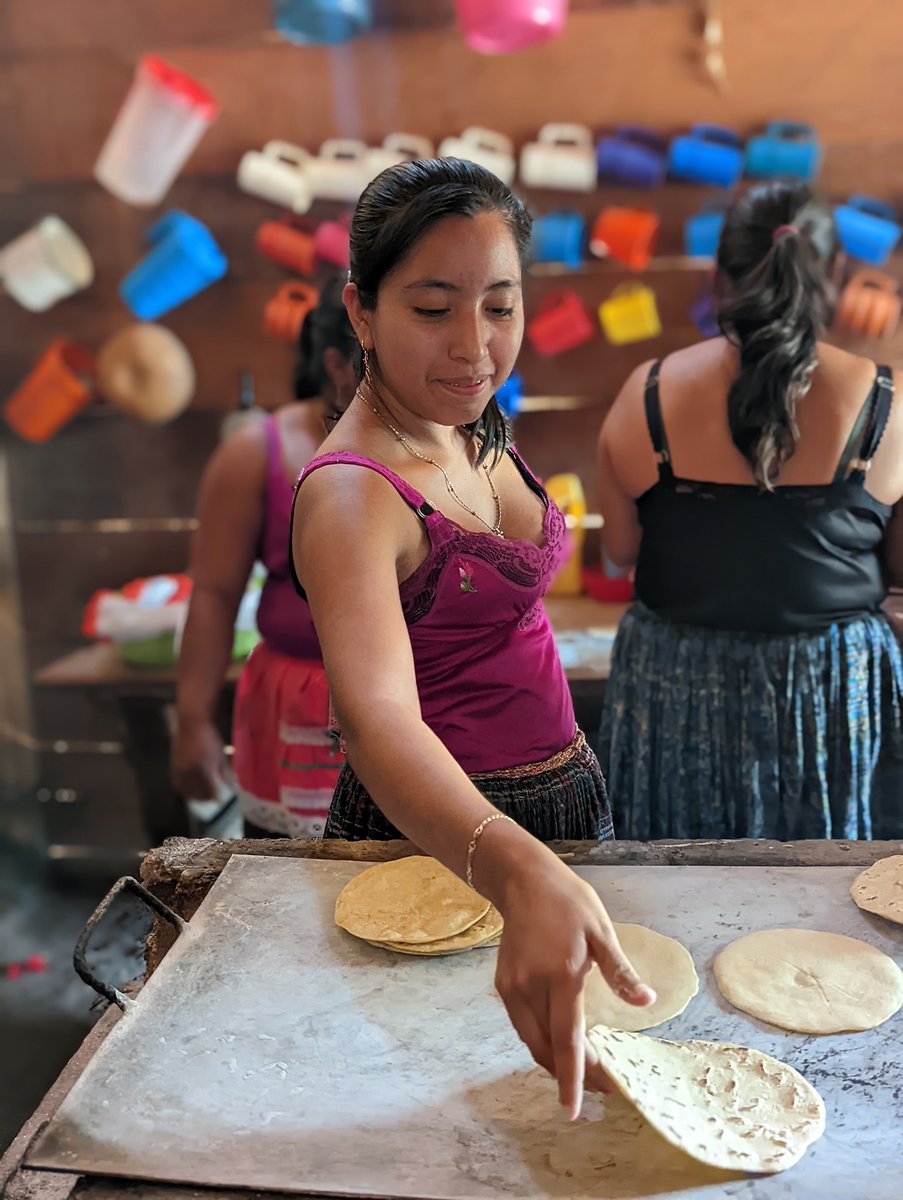
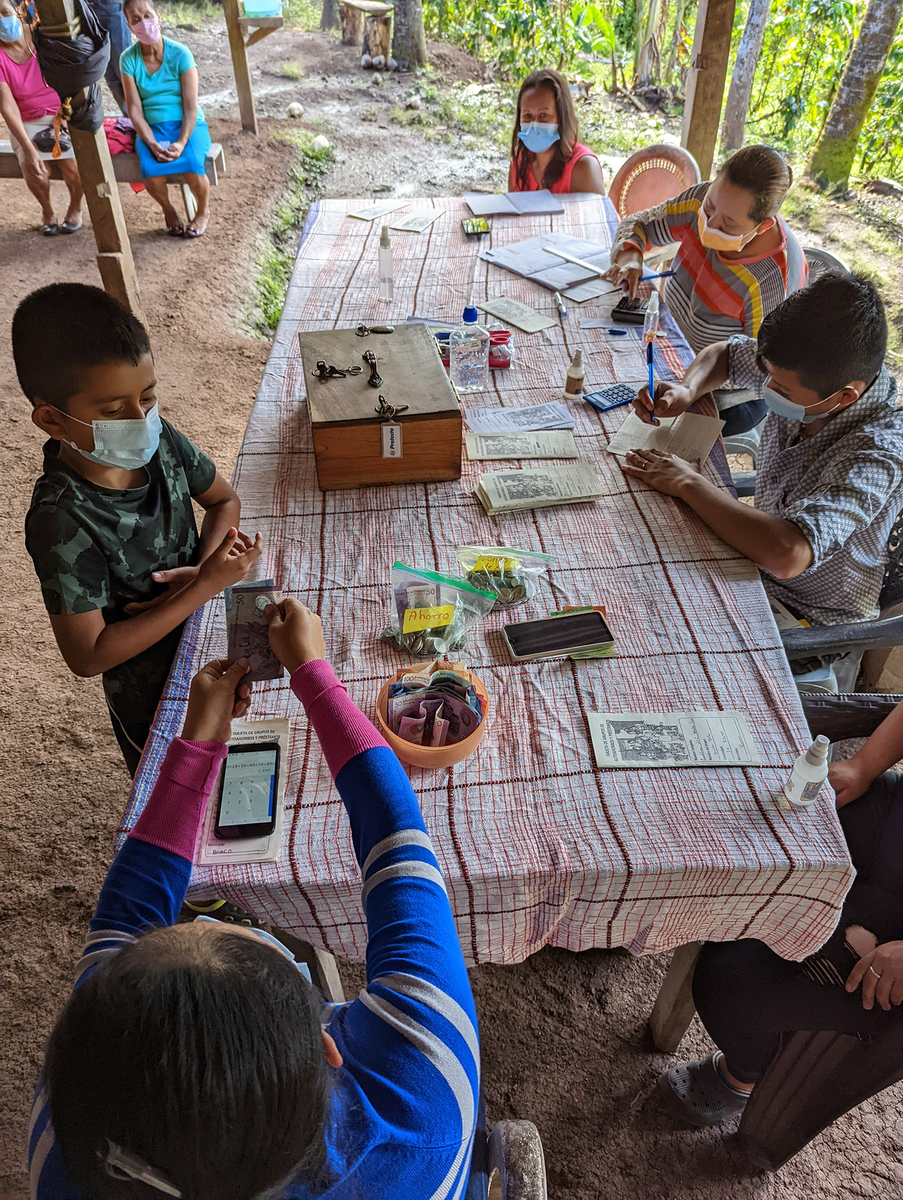
What specific improvements have you seen?
There were so many improvements, but some highlights are:
We updated our Human Resources policies based on CHS standards which resulted in clearer policies and staff understanding. We were able to establish a clear safeguarding system with our partners. We implemented a functional complaints mechanism in country offices and among our partners, a statement of faith and work that staff and partners were happy to sign, and measures that have ensured we are tracking all the important indicators. This is now something to build on. We improved our Code of Conduct policy, and now have clear processes including posters with clear objectives that have been shared with communities and staff.
Overall, systems have improved. For instance, we’re clearer about photos and permissions needed. There are more policies (gender, anti-fraud) and because of CHS, we developed clear processes to learn, monitor, and make the actions visible. The mechanisms now in place provide a space for voices impacted by our programs and policies to be heard and acted upon.
What was your experience of collaborating with the HQAI auditors?
Having an opportunity to be evaluated and collaborate with the HQAI auditors was a pleasure. The first evaluation was a new experience for the CHS Charter Group and took some getting used to. We were much more confident during the second evaluation as we had done the work and made progress. We were able to respond to questions with better understanding.
I can honestly share that this was an extremely positive experience. All the feedback I got was positive – Jordi and Birgit, our auditors, were friendly and asked good questions. I appreciated
that we were able to collaborate to create a schedule that worked for us. When we did have to make a change, Jordi and Birgit were very flexible and respectful. We ensured together that this would be a
professional and high-standard audit. They were clear about what additional documents they needed and gave us time to collect them. I also appreciated that they met with all staff at the end of the audit
and thanked everyone for their time and efforts. They also gave me a short briefing on general observations.
Kohima Daring, Country Director, Bangladesh.
In summary, what impact has the certification had on World's Renew work?
Achieving certification has brought a truly large impact to World Renew. Our partners and staff feel a sense of pride in being a part of the certification process. Communities are confident that no harm will be done in the process, and they have a voice in what is happening around them.
Because we had the auditors visit our country, we could get a clear understanding (through the questions and answers) of what we still need to work on, where we are at, and what we have
accomplished. We also saw firsthand how valuable this process and certification are. I am grateful that I am part of the CHS Charter Group through this journey. I’m looking forward to the next three years as
we work on the areas that need improvements and maintain the standards. For me, it was also a joy to go on the HQAI website and see World Renew’s name there. When I shared this site with the partners
and staff, they all shared their joy. It has also helped partners improve their own organisation's standards.
Kohima Daring, Country Director, Bangladesh.
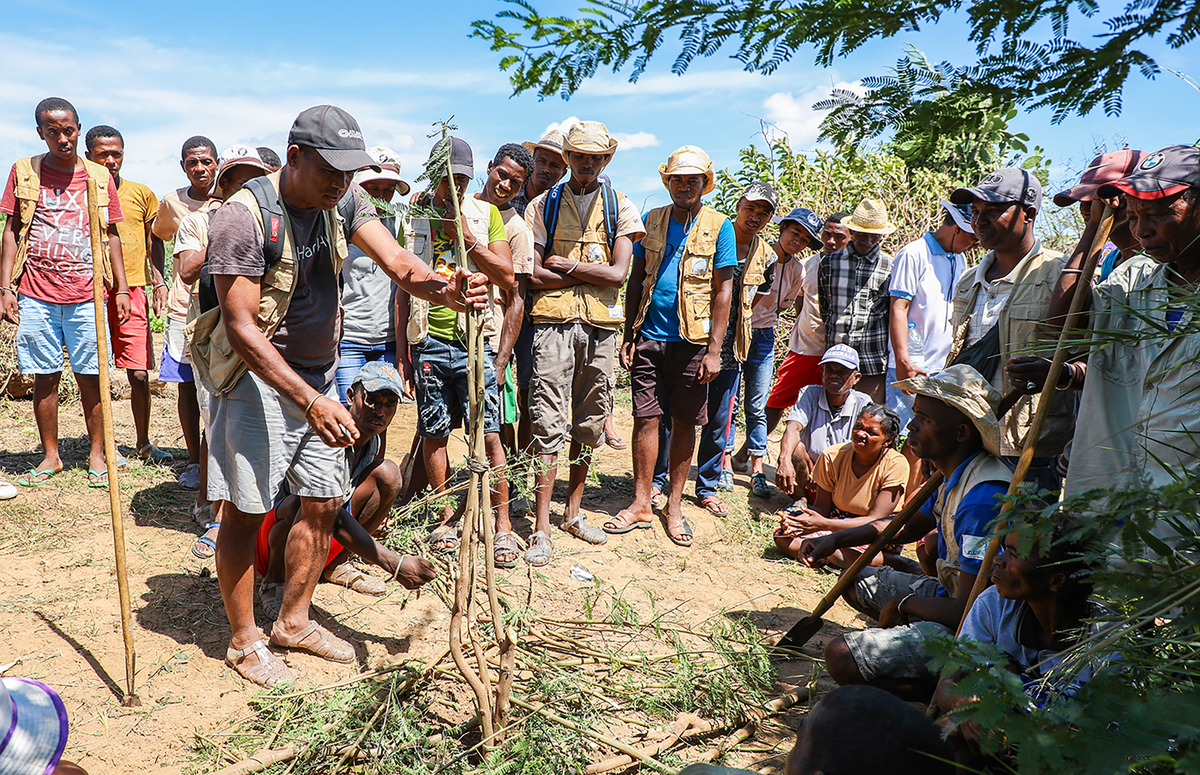
During the 2021 audit, Commitment 5 received a low score, but a complaints mechanism was established. Is the mechanism currently operational?
The complaints mechanism has been established and is currently operational. Our mechanism is multitiered and encompasses all of our work globally. We need to continuously create awareness of the mechanism, ensure confidentiality, and build the process so that staff and partners can trust it.
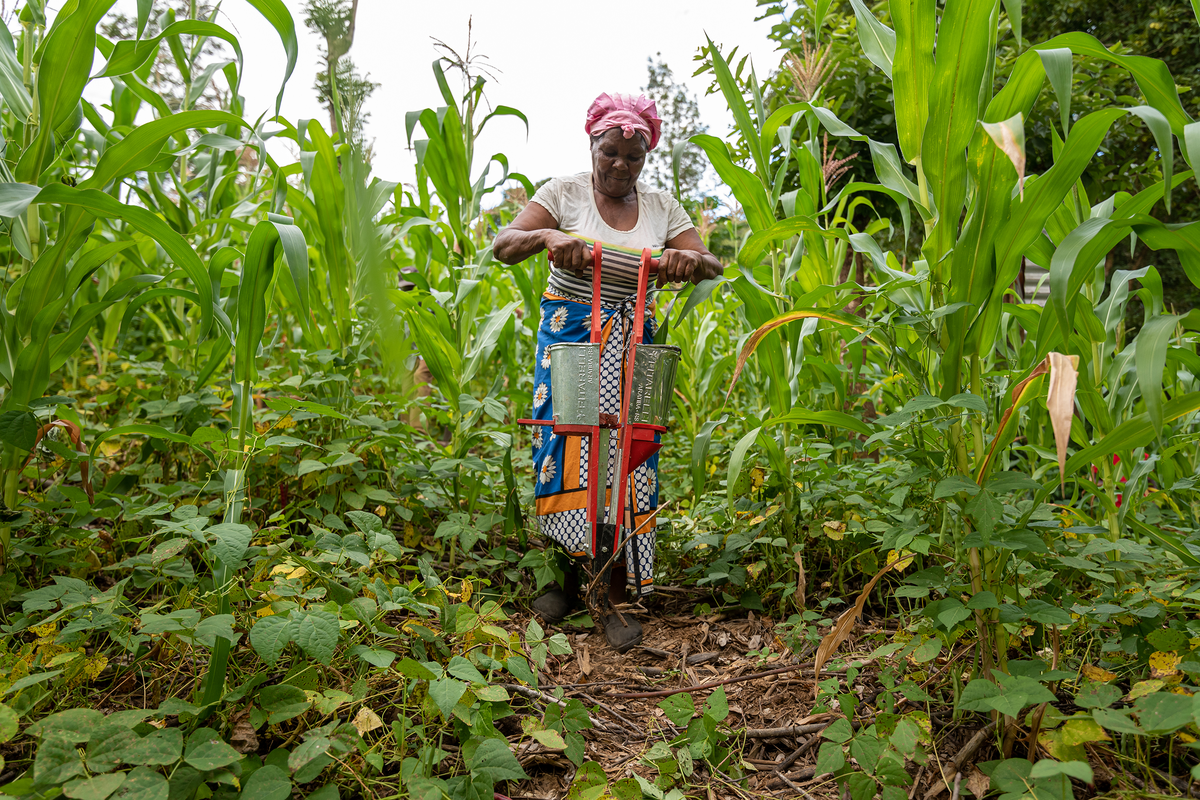
Category